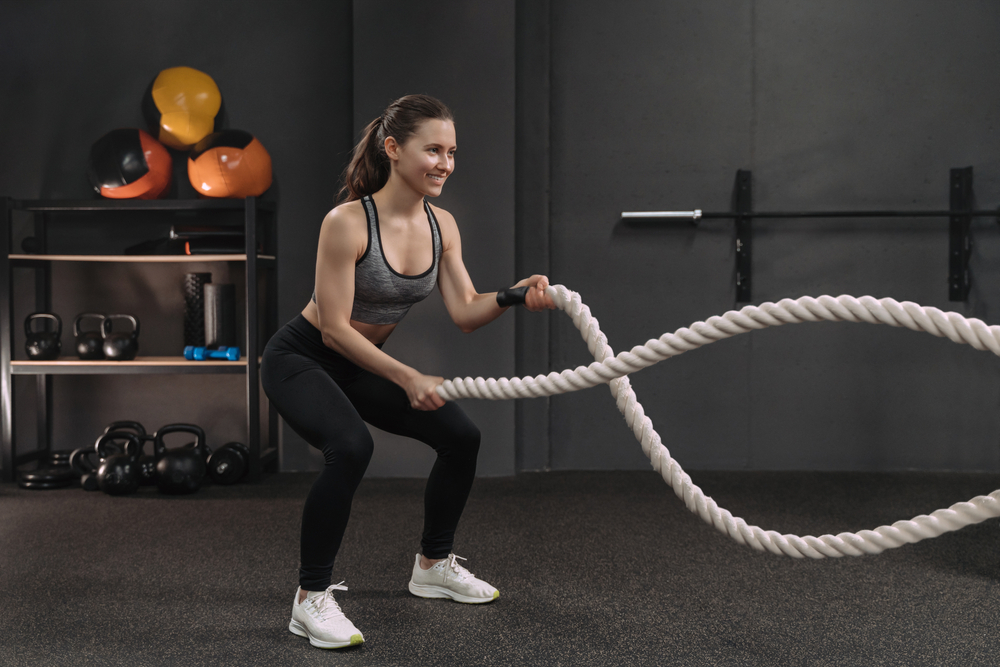
The Importance of Active Stretching for Golfers
August 15, 2023
The Crucial Link Between Proper Breathing and Effective Stretching
October 12, 2023In the world of fitness and physical health, there’s a common misconception that achieving an impressive range of motion (ROM) should be the ultimate goal. While flexibility and mobility are undoubtedly important, they should not overshadow the significance of functional movement efficiency. In fact, the efficiency of functional movement often proves to be more crucial for overall well-being and athletic performance. Let’s look at why this is the case.
- Practicality Over Extremes: Functional movement focuses on the ability to perform everyday tasks with ease and grace. It’s about having the strength, stability, and control to move efficiently through daily activities, whether it’s picking up groceries, playing with your kids, or carrying out work-related tasks. While having extraordinary ROM might impress others, it’s not always practical or necessary for the demands of daily life.
- Reduced Risk of Injury: Overstretching or hypermobility can lead to an increased risk of injury. Excessive ROM without proper stability and control can strain ligaments, tendons, and muscles, leaving you vulnerable to sprains, strains, and joint problems. Functional movement, on the other hand, emphasizes balanced strength and controlled mobility, reducing the likelihood of injuries.
- Enhanced Athletic Performance: Athletes benefit greatly from functional movement efficiency. Whether you’re a runner, weightlifter, or a team sports enthusiast, the ability to move effectively and efficiently is paramount. It allows you to generate more power, improve coordination, and ultimately leading to better athletic performance.
- Long-Term Sustainability: While extreme ROM can sometimes be achieved through intense stretching, it’s not always sustainable in the long run. Over time, hypermobility can lead to joint instability and chronic pain. Functional movement, which prioritizes balanced strength and control, promotes long-term joint health and overall physical well-being.
- Improved Quality of Life: The ultimate goal of any fitness regimen should be to enhance your quality of life. Functional movement directly contributes to this by ensuring that you can move comfortably, pain-free, and efficiently in your daily activities. It’s about being able to maintain your independence and enjoy life to the fullest.
In conclusion, while achieving a remarkable range of motion might be an appealing goal, it should not overshadow the importance of functional movement efficiency. The ability to move with control, strength, and coordination in everyday activities and sports is essential for overall health, injury prevention, athletic success, and long-term well-being.

